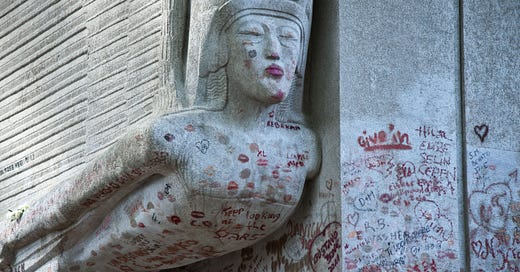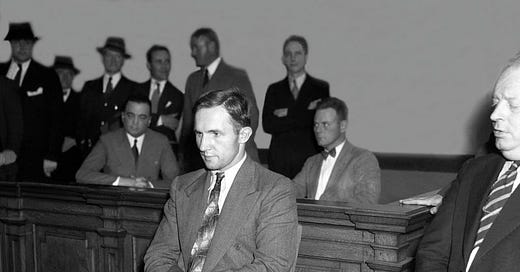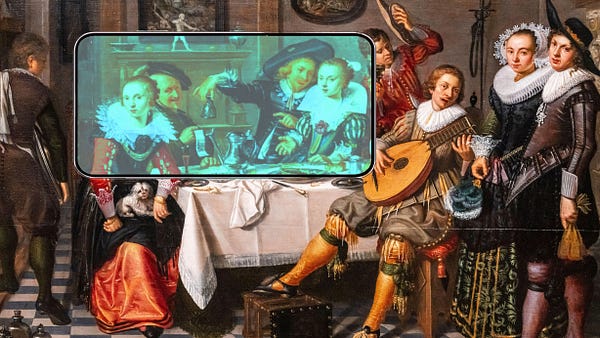
Welcome back to Douglas Murray’s Sunday column, Things Worth Remembering, where he presents passages from great poets he has committed to memory—and explains why you should, too. To listen to Douglas read from Oscar Wilde’s The Ballad of Reading Gaol, click below:
In The Invention of Love, Stoppard has a foil for the tightly wound, buttoned-up scholar A. E. Housman: another poet and scholar who was his near contemporary but could not have been more unlike him—Oscar Wilde.
The Irish-born Wilde was only a few years older than Housman, knew his brother Laurence, and admired A Shropshire Lad. But he must have been a terrifying figure to Housman. After all, Wilde was gay, like Housman, and had been exposed for it. And not just exposed, but in 1895 tried, convicted, and sentenced to two years’ hard labor, which was expected to be enough to kill someone of Wilde’s background.
It must have required an extraordinary degree of control, but with the example of Wilde, men like Housman had even more of a reason to hide, sublimate, or otherwise disguise their true selves. The poems of Housman’s published after his death included an unusually bitter and frank poem clearly inspired by Wilde’s persecution. Obviously, Housman felt he could never have published it in his own lifetime.
The opening goes:
Oh who is that young sinner with the handcuffs on his wrists?
And what has he been after, that they groan and shake their fists?
And wherefore is he wearing such a conscience-stricken air?
Oh they’re taking him to prison for the color of his hair.












